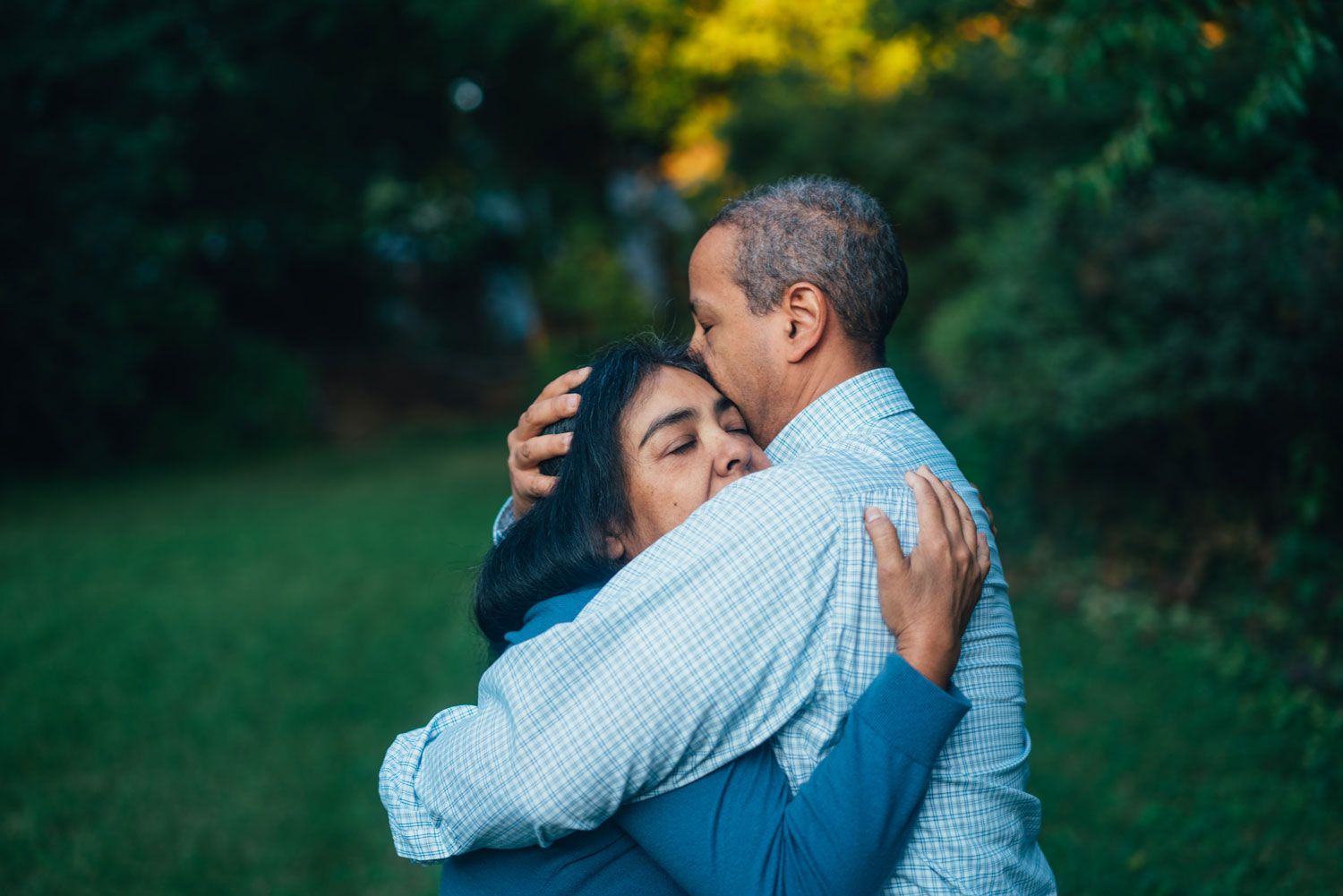I’ve ben hurt. Should I forgive?

There are many levels of hurt. If you are in a relationship, you may have been cheated on. Other people have been severely abused at home, school, or work. For all the events, you will find that forgiveness is not GIVEN to somebody else. Forgiveness is felt (by you), after a long process that can involve the person being truly sorry for what they did to you (if possible), and your acceptance of what happened to you, as you release your own resentment and anger.
Only then YOU may feel you have forgiven what happened to you – It is NOT a “free pass” to the person who hurt you. Also, it is NOT a call for reconciliation. You can “forgive” without ever having to say the person’s name again.
- People hurt people. Sometimes unbeknownst to them, sometimes intentionally, sometimes unmindfully. You may been hurt by someone you loved and trust, like a partner, a parent, a sibling, or a close friend or family member. You may been hurt by a neighbor, a distant family member, a person you knew from school, church, work, etc. You may been hurt by a stranger, or by unknown forces of life.
You may have lost trust. You may be taken advantage of. You may be neglected. You may be abused. You may have developed trauma. It still hurts. The emotional pain lingers and creates anger and resentment. You may question yourself how you were so naïve, uncareful, overly trusting others. You might have been to the wrong place/wrong time. You might question God.
The longer you hold your pain, the longer will take to release the pain. Holding the pain might give to you a sense of protection. It might be a defense mechanism now. You don’t want that to happen to you, because the pain is too great to be felt again. However, holding the pain is also holding the emotional memory of what/who hurt you. That’s why it is important to work through your hurt. A psychologist can help you understand, accept, and heal from that hurt.
Talking to a therapist will also help you understand the difference between forgiving and reconciling.
- In working with a therapist, you will talk about acceptance. You accept that someone hurt you. That that person failed you. That they might not been the person you thought they were. And to accept you were hurt by what they did to you. You will talk about your resentment for that person and the situation that person created for you. You will talk about your anger and pain.
Forgiveness involves a lot of working thought our own emotions in your own time. It often manifests because of said effort. To heal from your hurt, you will need to move past it. To move past it, you will need to accept and let go of the resentment and anger.
Forgiveness is felt at the end of your healing process. It’s when you don’t have intrusive thoughts, when you don’t feel anger or hate, when you can go on with your life without having to be alerted to not be hurt again. One day you will realize that you have not thought of your hurt for a long while – that’s when healing and forgiveness are really settling in.
On the other hand, people do have the ability to make drastic decisions. Since our minds are so flexible and strong, one can decide that they will not let the pain guide their lives anymore. It’s just like when someone decide to quit smoking or drinking. They don’t want leave space for the hurt, and everything they do, is to move on to a better part of their lives. This is a different process, with less support, but can be effective too.
Emotional healing must come before forgiving. One cannot say: “I need to forgive to heal.” You need to heal before you can feel forgiveness yourself. Forgiveness is never about the offending party – it’s about you letting go of your pain. Often, the offending party is not having any emotional issue like you do. Forgiveness is for YOU.
Since there are many levels of hurt, there will be occasions that you will have the offending party still close to you. You may need to assess if that person can stop hurting you. If they can, then is time for reconciliation. If not, you may need to let the person go. Sometimes, the hurt is so great that you need to not have the person around you or your loved ones. You may need to let go or partners, parents, family members, close friends, etc. to avoid being hurt by them continuously. You may not speak to that person again. You may choose to de-classify that person. For example: and uncle that have abused a niece/nephew, should not be called “uncle” anymore – just refer to the person by their first name, if at all.
Forgiveness does not have a timeline. It will come to you as you heal from your emotional pain.
If you or a loved one are suffering with an emotional hurt and need to work through it, please contact us at Tampa Therapy and Wellness at (813) 530-5180.

